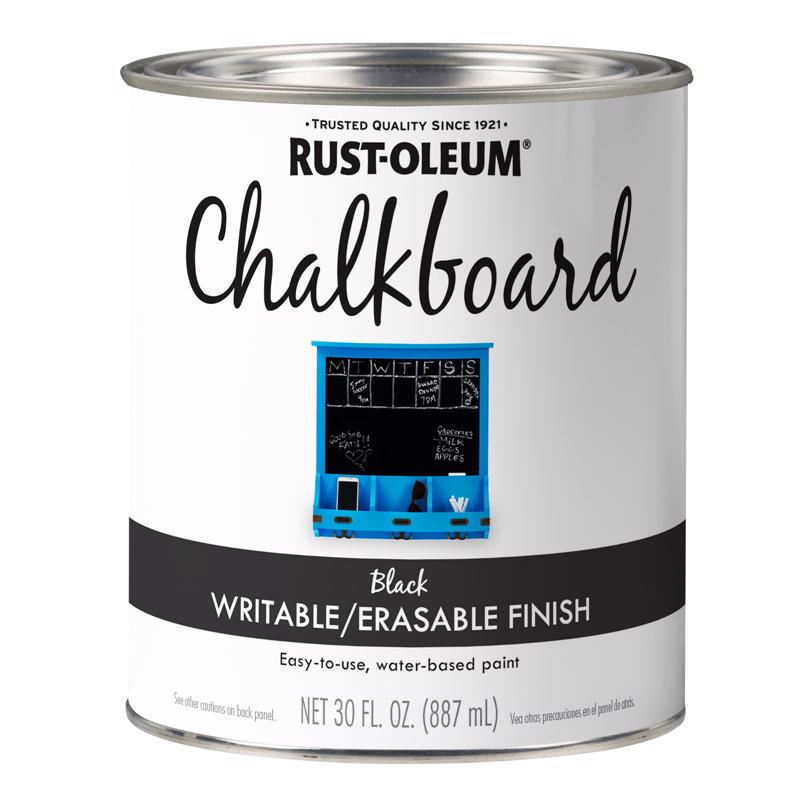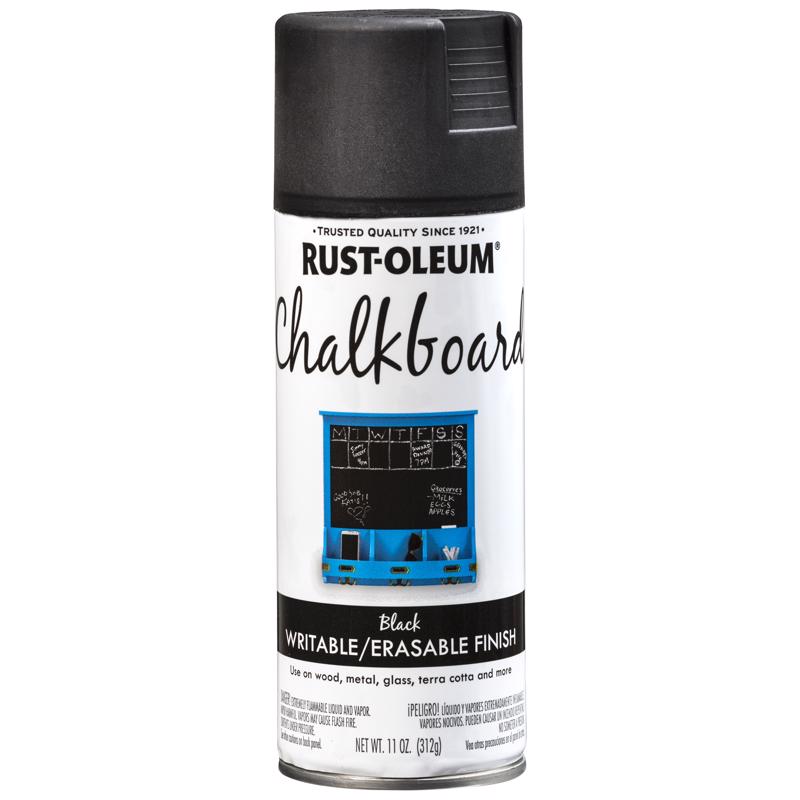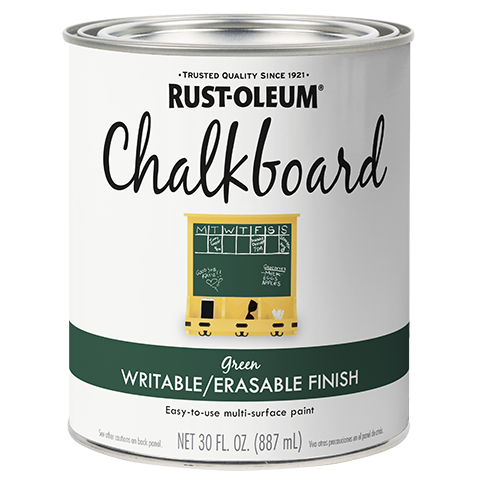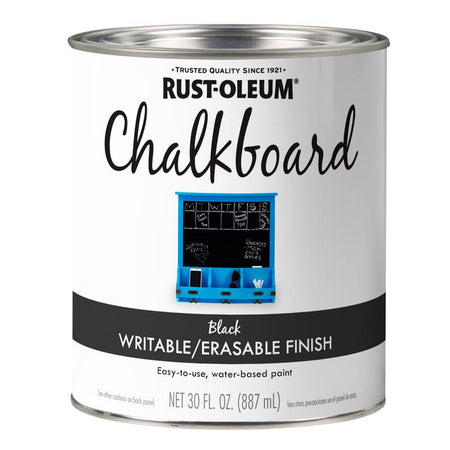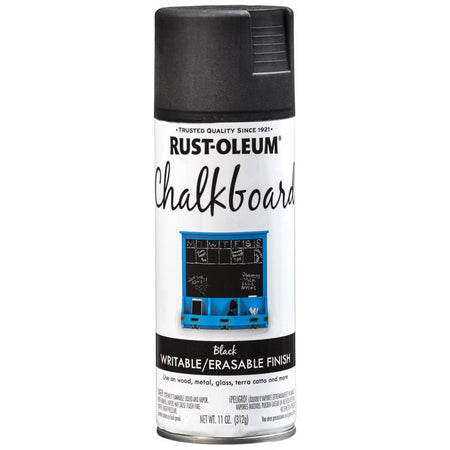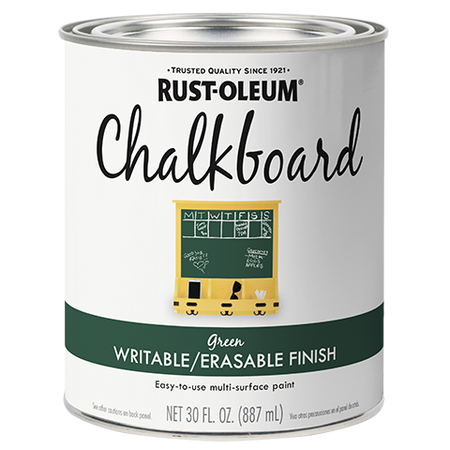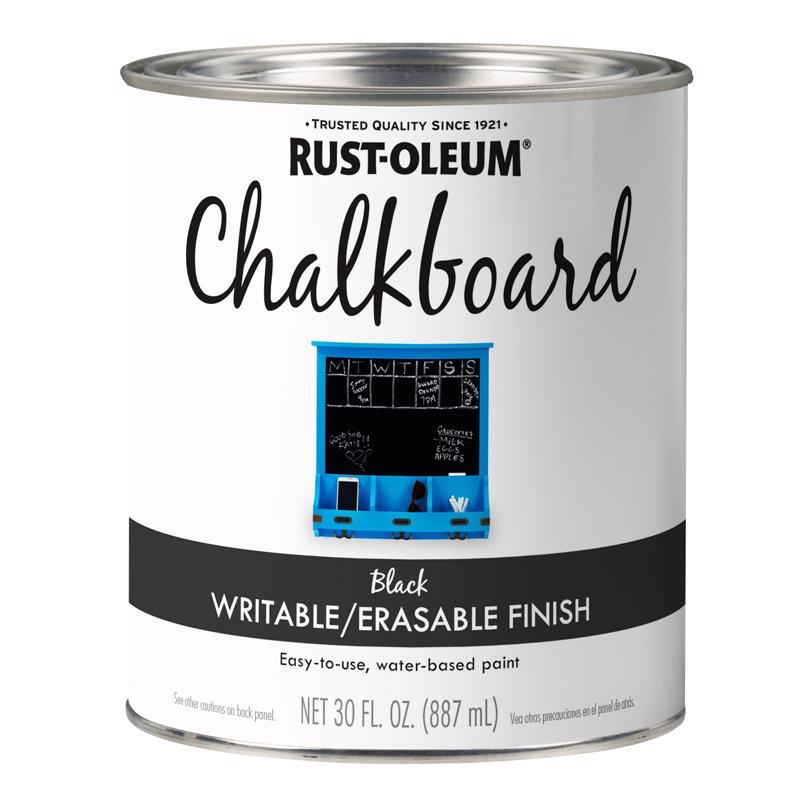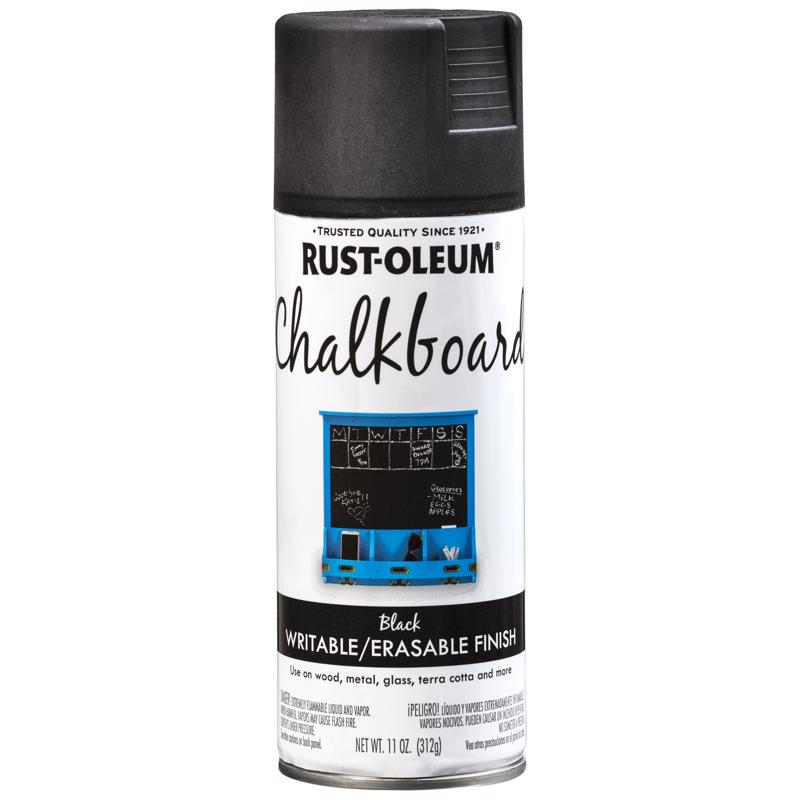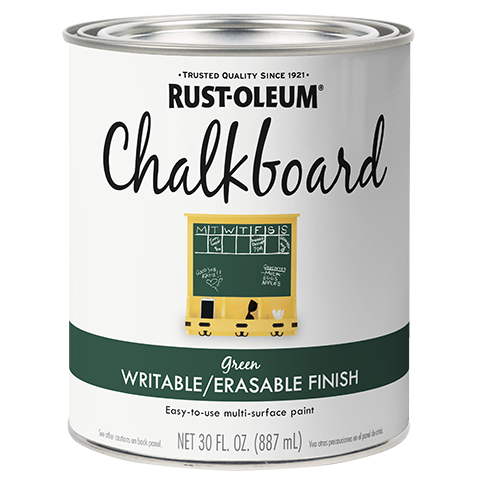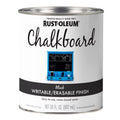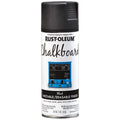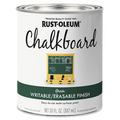detergent, or other suitable cleaning method. Mold and mildew
must be cleaned with a chlorinated cleaner or bleach solution.
Rinse with fresh water and allow to thoroughly dry.
loose rust, scale, and deteriorated coatings. Use 7569838 Red
finish coat.
sound and in good condition. Smooth, hard, or glossy surfaces
should be scarified by sanding to create a surface profile. .
may generate dust or fumes that contain lead. LEAD IS TOXIC.
LEAD pr log on to www.epa.gov/lead.
APPLICATION
Apply only when air and surface temperatures are between 50-
90°F (10-32°C) and the relative humidity is below 85% to ensure
proper drying. Use in a properly ventilated area. Cover surrounding
area to protect from overspray. Overspray can carry a significant
distance. Shake can vigorously for one minute after the mixing ball
begins to rattle. Shake often during use. Hold can upright 12-16"
from surface and spray in a steady back-and-forth motion, slightly
overlapping each stroke. Keep the can the same distance from the
surface. Keep the can in motion while spraying.
When fully dry, prepare the surface for use by rubbing side of
chalk over the entire surface. Erase and the chalkboard is ready
for use. For best results, use only calcium carbonate chalk and felt
erasers. Other chalks will scratch the surface.
Do not use near open flame.
CLEAN-UP
Clean valve immediately after use by turning can upside down
and depressing spray button for 3-5 seconds (some paint will be
sprayed out, so be careful to not inadvertently spray yourself or
other objects). Clean up wet paint with xylene or mineral spirits.
Throw away empty can in trash pick-up. Do not burn or place in
home trash compactor.
CLOGGING
If the value clogs, twist and pull off spray tip and rinse in a solvent
such as mineral spirits. Do not insert any object into can valve
opening.
BRUSH ON
Use when temperature is between 50°F (10°C) and 90°F
(32°C) and humidity is below 85% to ensure proper drying.
SURFACE PREPARATION
Remove loose paint and rust with a wire brush or sandpaper.
Lightly sand glossy surfaces. Clean with soap and water, rinse
and let dry. WARNING! If you scrape, sand or remove old paint,
you may release lead dust. LEAD IS TOXIC. EXPOSURE TO LEAD
DUST CAN CAUSE SERIOUS ILLNESS SUCH AS BRAIN DAMGE,
ESPECIALLY IN CHILDREN. PREGNANT WOMEN SHOULD ALSO
AVOID EXPOSURE. Wear a NIOSH-approved respirator to control
lead exposure. Clean up carefully with a HEPA vacuum and a
wet mop. Before you sand, find out how to protect yourself and
your family by contacting the National Lead Information Hotline
at 1-800-424-LEAD or log on to www.epa.gov/lead.
PRIMING
Use of Painter’s Touch or American Accents
latex primer provides superior adhesion and hiding and is especially
recommended for bare wood and metal. You can apply
Chalkboard Paint 2 hours after applying the primer. After
priming bare wood, sand lightly to smooth out the surface.
PAINTING
Stir thoroughly. Thinning is not required. In hot, dry conditions,
however, you may thin up to 2 oz. per quart with water to extend
dry time. Use a good quality synthetic brush, 1/4" to 3/8" nap
roller or a foam roller designed to give a smooth finish. Avoid
excessive brushing or rolling. Use light, even stokes to ensure an
even and the smoothest finish.
DRY and RECOAT TIMES
Based on 77°F (25°C) and 50% relative humidity. Allow more time
at cooler temperatures. Dries to the touch in 30 minutes, to handle
in 2 hours and fully dry in 2-4 hours. May be recoated after 4
hours.
CLEAN-UP
Clean brush and other application tools immediately with soap and
water.
CONDITIONING AND USE
After 3 days, the chalkboard finish is ready for use. Before writing,
condition the surface by rubbing the side of a piece of chalk over
the entire surface and erase. This will leave a coat of chalk dust
that will provide the best erasability. Chalkboard can be wiped
clean with a damp cloth. Wait 7 days after painting before wiping it
down. Repeat conditioning step after cleaning.

